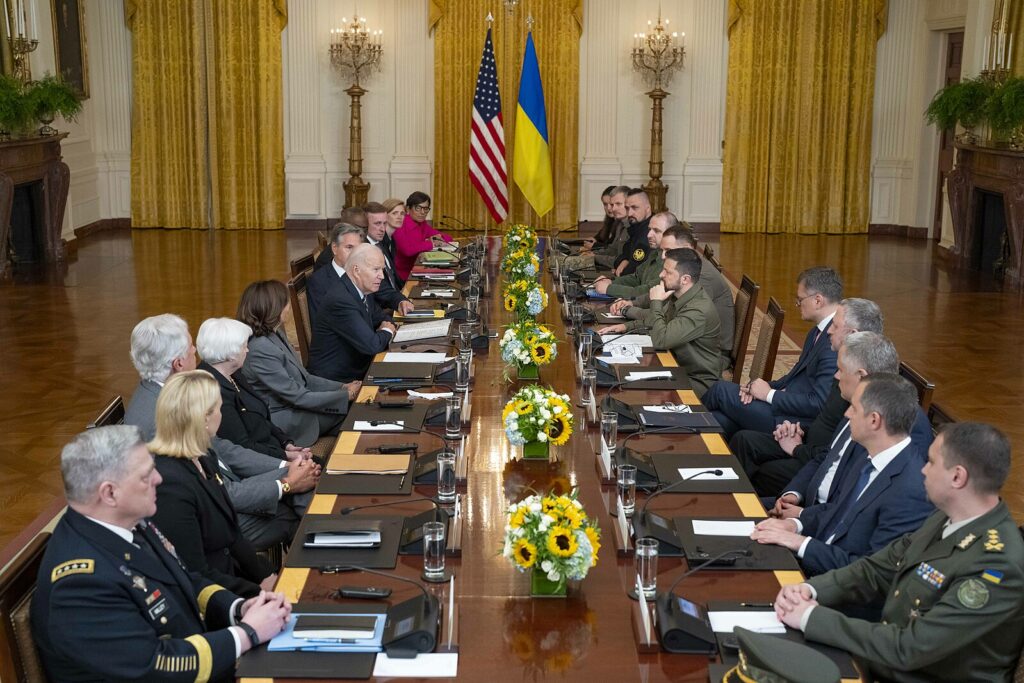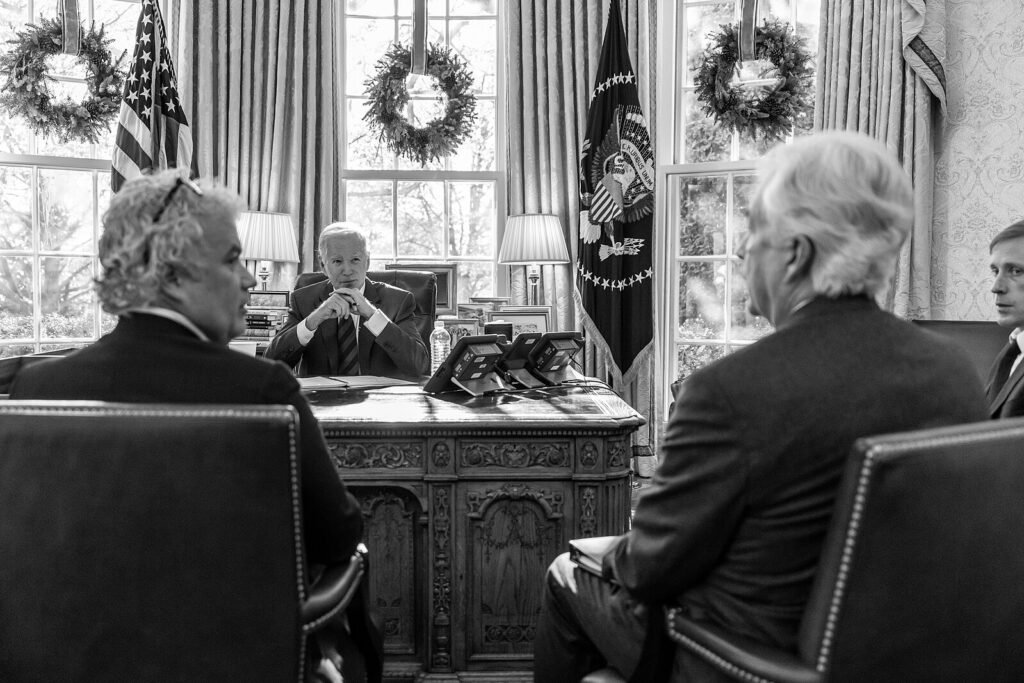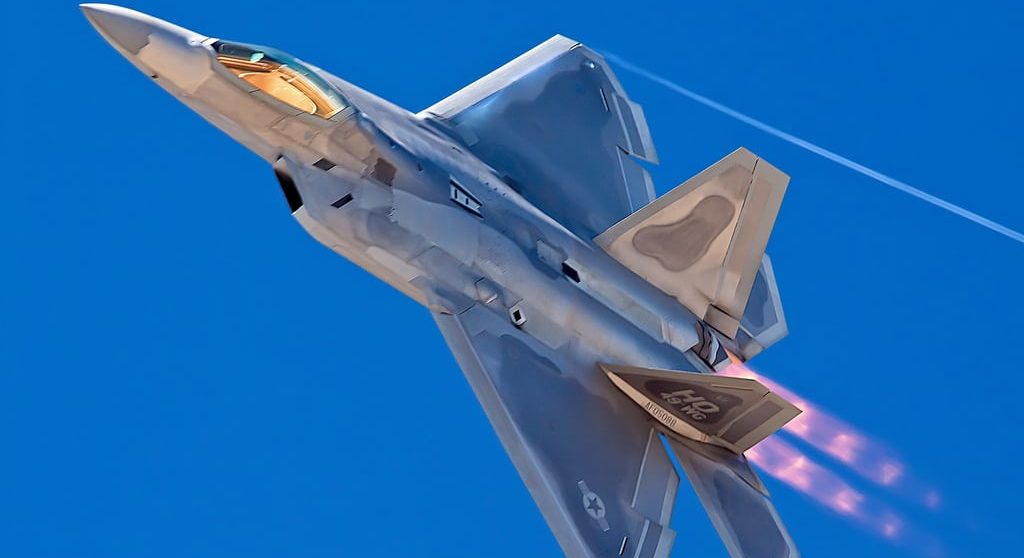In a world of rapid change and geopolitical turbulence, intelligence services are an important weapon in a policymaker’s arsenal.
When it comes to human intelligence, the Central Intelligence Agency (CIA) is arguably at the top. For 76 years, the Agency has been spying and analyzing information to equip American presidents with the necessary tools. There have been many public failures and an unknown number of great successes.
CIA Director Bill Burns recently wrote an opinion piece in the Foreign Affairs magazine outlining the current intelligence environment and the challenges the CIA and the rest of the U.S. Intelligence Community face.
What he said about technology and the concept of strategic declassification is revealing.
Spying and technology
Advances in technology are a double-edged sword for an intelligence agency. On the one hand, new technology opens doors and enables easier and more efficient espionage and analysis. But on the other, it can severely hamper human operations, as well as facilitate data breaches.
In terms of human operations – the bread and butter of the CIA – advances in modern technology can hamper operations officers by allowing adversary intelligence services to better track their movements. If an operations officer can’t meet with a source, then his or her utility greatly diminishes. Then again, intelligence can better enable human ops by assisting in the targeting process.
“This new landscape presents particular challenges for an organization focused on human intelligence. In a world in which the United States’ principal rivals – China and Russia – are led by personalistic autocrats operating within small and insular circles of advisers, gaining insight into leaders’ intentions is both more important and more difficult than ever,” the CIA Director added.
“This is a time of historic challenges for the CIA and the entire intelligence profession, with geopolitical and technological shifts posing as big a test as we’ve ever faced. Success will depend on blending traditional human intelligence with emerging technologies in creative ways. It will require, in other words, adapting to a world where the only safe prediction about change is that it will accelerate,” Burns highlighted.
Related: Section 702: A controversial but necessary intelligence authority
Strategic declassification

Another interesting point Burns made in his article is the concept of strategic declassification. The Intelligence Community first introduced the concept in force in the months and weeks before the Russian invasion of Ukraine on February 24, 2022. Traditionally, intelligence services have latched on to classified information like a mother grasping her toddler in a car crash.
“Using it doesn’t mean recklessly jeopardizing the sources or methods used to collect the intelligence, but it does mean judiciously resisting the reflexive urge to keep everything classified,” the CIA Director wrote.
One could say that strategic declassification failed miserably because Russian President Vladimir Putin wasn’t deterred and went ahead with his invasion of Ukraine. And yet, deterring the invasion wasn’t the sole goal behind the Intelligence Community’s strategy. The international community knew the Kremlin’s plans beforehand. As a result, the diplomatic ground was ready for the unprecedented support of Kyiv with military assistance and intelligence sharing once the war started.
To this date, a U.S.-led coalition of more than 40 countries has committed to Ukraine close to $90 billion in just security support. Although Ukrainian grit and courage have played a key role in the country’s successful defense so far, Western military aid has been equally important. And everything began with the strategic declassification of information that prepared the physical battlefield, as well as the information space. Were China to invade Taiwan, the Intelligence Community would likely again use strategic declassification for deterrence.
Related: Beating China could mean bringing the C-130 back to aircraft carriers
Intelligence diplomacy
A more efficient declassification process will also enable intelligence diplomacy, which is the sharing of information with allies, partners, and even adversaries, to achieve foreign policy goals.
“The U.S. intelligence community is also learning the increasing value of intelligence diplomacy, gaining a new understanding of how its efforts to bolster allies and counter foes can support policymakers,” Burns wrote.
As many have recognized, there is a classification problem in the Intelligence Community. Even the smallest piece of information gets classified, creating an extremely dysfunctional system. The real value of intelligence is helping policymakers make the right decisions. The more cluttered a classification system, the harder it is to get the important piece of information that can make a difference to the desk of the person making the decisions.
As the world continues to transform rapidly, it is key for the CIA and the wider Intelligence Community not just to keep up but to set the pace.




